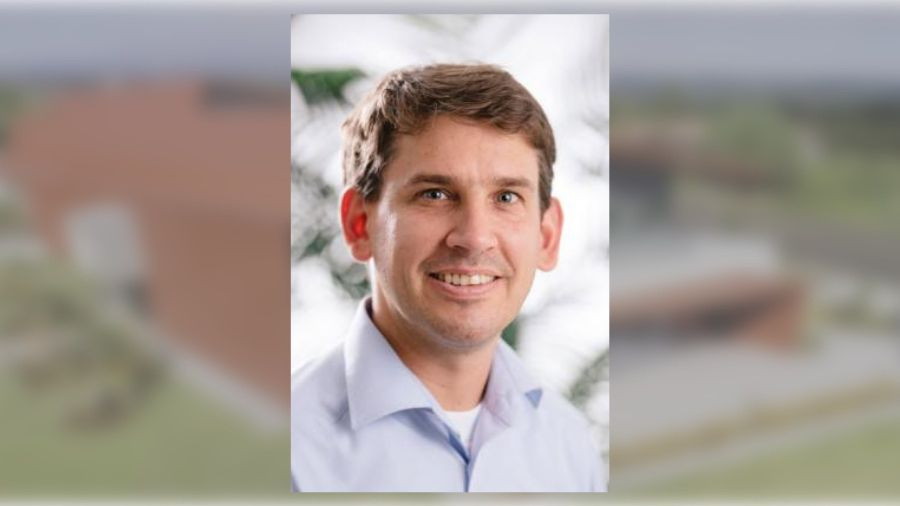Koʻomoa-Lange receives Hawaii Community Foundation grant
January 26, 2021
 Ingo Koʻomoa-Lange, Ph.D.
Ingo Koʻomoa-Lange, Ph.D.
Ingo Koʻomoa-Lange, Ph.D. and assistant professor, DKICP, has received the Hawaiʻi Community Foundation Medical Research Program grant from the Victoria S. and Bradley L. Geist Foundation. The $50,000 grant will be used in his research, which is focused on examining novel roles of the immune system to influence the progression of Neuroblastoma, a solid tumor that occurs mainly in infants and children.
Koʻomoa-Lange is assisted in his work by DKICP graduate student Dustin Tacdol, who is in his second year of graduate studies. “Patients diagnosed with high-risk Neuroblastoma are difficult to treat as they often do not respond to anticancer treatments, or may initially respond to treatment, only to relapse and develop tumors that are resistant to anticancer treatments,” explains Koʻomoa-Lange.
Novel drugs and alternative treatments are being investigated, but resistance development is a common problem, he says, with approximately 60 percent of high-risk Neuroblastoma tumors being resistant to treatment.
“The long-term goal of this research is to elucidate how the immune system modulates the tumor, resulting in the development of Neuroblastoma drug resistance,” he says. “Understanding the role of the immune system in this process will help to identify novel targets for the development of more effective anticancer agents for relapsed and refractory Neuroblastoma.”
The central hypothesis of the project is that immune cells activate a pathway in the tumor, called store-operated calcium entry, which in turn helps the tumor cells to survive and resist current chemotherapeutic treatment. “This research is innovative because it seeks to describe how immune cells can activate calcium signaling pathways in Neuroblastoma that then leads to tumor survival,” he says.
“We hope to enhance our understanding of how immune cells promote drug resistance in Neuroblastoma and identify potential molecular targets with the Neuroblastoma calcium signaling nexus that are already treatable with FDA-approved drugs,” says Koʻomoa-Lange. This work also translates basic research into clinically relevant settings by incorporating tumor samples from Hawaiʻi patients, he adds. “The knowledge gained from this work will improve treatment strategies for cancer patients, improve the clinical management of cancer and reduce cancer-related deaths.”
See more news from 2021.

